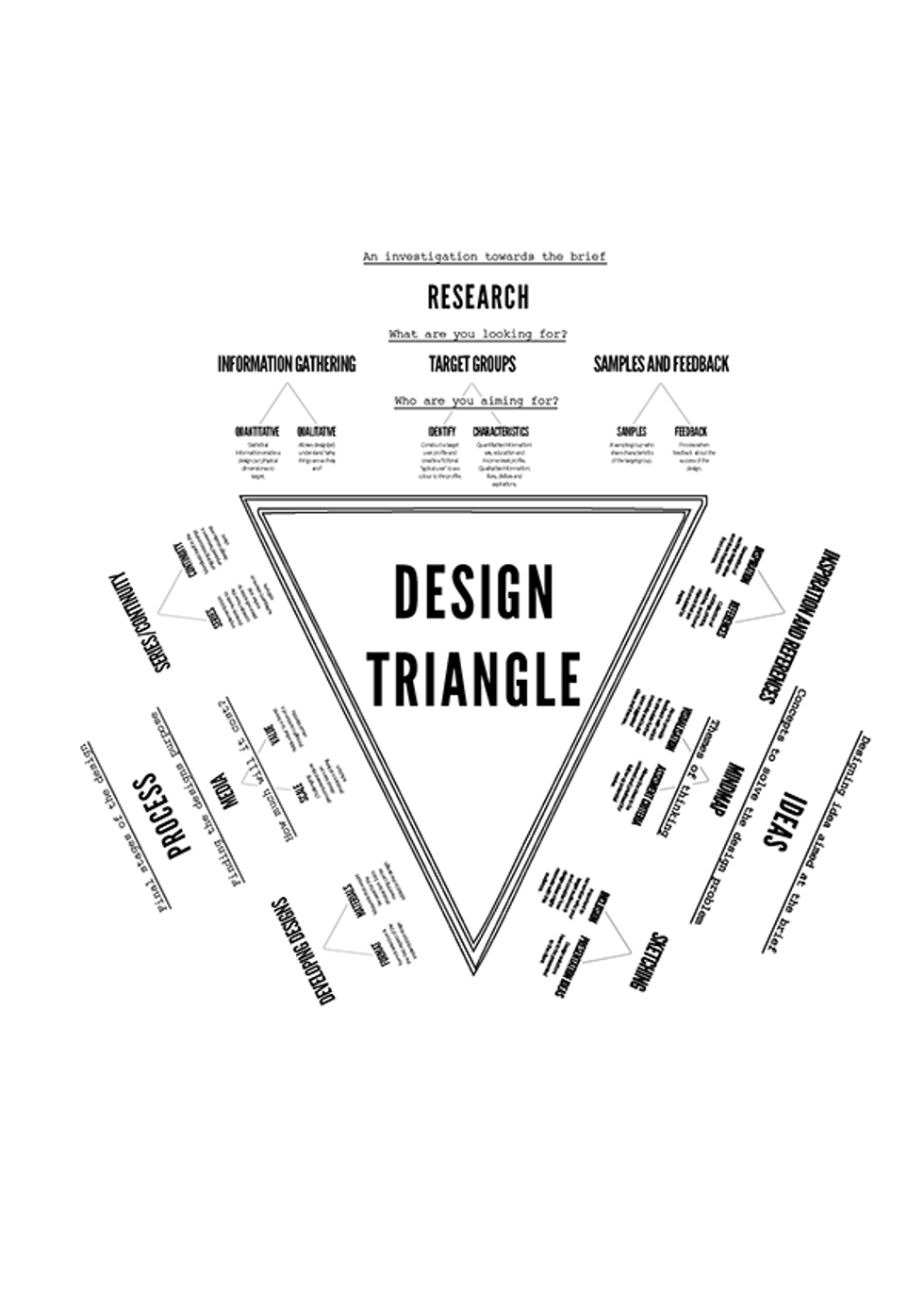“Gifted” was how I was described as a kid. I read an exorbitant amount, I was inquisitive and constantly exploring, and most importantly, school came naturally to me. I never struggled in my classes. I didn’t really need to study because paying attention in class and completing my assignments was enough to commit it to memory. I was consistently praised by my teachers, who told me I was smart.
Years later, I got my first B. It was absolutely devastating. I thought my life was over.
That’s a bit dramatic, certainly. But it was how it felt. I had spent so many years being told that I was smart, and I didn’t have to do much to continue to receive that praise. When I was finally confronted with something I didn’t completely understand on the first try, I was at a loss.
Luckily, I had a mother who picked me up, dusted me off, and taught me to work hard to fix my mistakes and learn from that experience. I continued to have a successful career as a student, but I was never able to shake an internal, paralyzing pressure. In the classes I worried I might struggle, and by struggle I mean not get an A, I often felt it wasn’t even worth putting forth the effort. I had an all or nothing mentality.
Consistently, in classes where I had begun to feel that I wasn’t good enough, I put off all of the work until the night before it was due. I felt I was a failure before I had begun so to try wasn’t worth it, and to let others see me struggle would be devastating.
I’m not alone in this. In fact, this is very common for children who were once described as “gifted.” Students who are praised for their intelligence when they are young lose their motivation the second they face the potential of failure because they have only been rewarded for a fixed attribute. They become so concerned with maintaining their “gifted-ness” that they are unwilling to do anything that might cause them to feel de-merited.
This fear came with me when I went to my first design class. My first project, I pushed to the last minute, I completed it all the day before it was due. The next day in class, I found out that it was only the first draft, and that we would be turning in a process book with our final version of our work.
I loathed this. I couldn’t let someone see the work that lead me to the point of completing the assignment. I used to tear out my old journal entries as a kid because it was too shameful for me to have to look at work I had done that wasn’t on par with my current abilities. Letting someone else into that process was my worst fear.
This is the problem with traditional education. It’s a system that praises students for their natural abilities, focusing on external rewards, rather than focusing on the value of the effort students put into their work. I’ve seen many a “gifted” student procrastinate their work to the last minute, and I’ve seen students who once had a natural curiosity become completely disillusioned by grades losing all of their internal motivation.
Design is different. Design isn’t a traditional school subject. It exists outside of the realm of education that we have deemed necessary, and therefore isn’t bound by our normal standards of achievement. It’s hard to quantify. For that reason, design centers around the idea of process over product.
Gritting my teeth and showing people my process was painful. At first, every critique felt like a slap in the face. Slowly I adjusted. I understood the value of the critique but it took a while to get to the point where that value outweighed what it felt like to listen to it.
Getting used to it was valuable. I was able to create much better work than my feeble initial last-minute scramble and feel a sense of personal satisfaction much stronger than the one that comes from a grade. My development through the course was as important to me as the work I created.
This is how the “real world” works. One of the reasons I chose my non-traditional university is for the taste it gives me of this world. Our understanding of motivation is changing and businesses are adapting, particularly in the technology sector, to suit this change. With the understanding should come an education system to match.
I’ve been lucky to have inspiring teachers who see the value in education beyond scores on standardized tests. Teachers who inspired creativity and encouraged testing the boundaries of the guidelines for an assignment. Who felt that success should be measured beyond a black and white grade. Unfortunately, not every teacher thinks this way and the teachers that do aren't backed by the educational system. We continue to have restrictions imposed on our schools focused on test scores, attempting to quantify learning with a very narrow concept of what it means to be intelligent.
In the traditional education system, it’s easy to feel like the nerdy character in a sitcom listing the slippery slope of how their life will be ruined by a bad grade. First you will get a bad grade, which will cause you to fail, which will mean you won’t get into a good college, which will mean you won’t have a good career, which will mean you will have an unhappy life.
What I learned in design class shaped the way I’ve approached academic pursuits, and beyond that the projects I take on in my professional and personal life. It was a complete shift in mentality, and a relief. Results are great, but focusing on the process brings me the satisfaction I had when I was a kid, learning for the sake of learning.


















